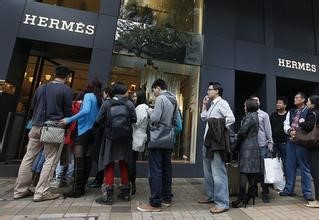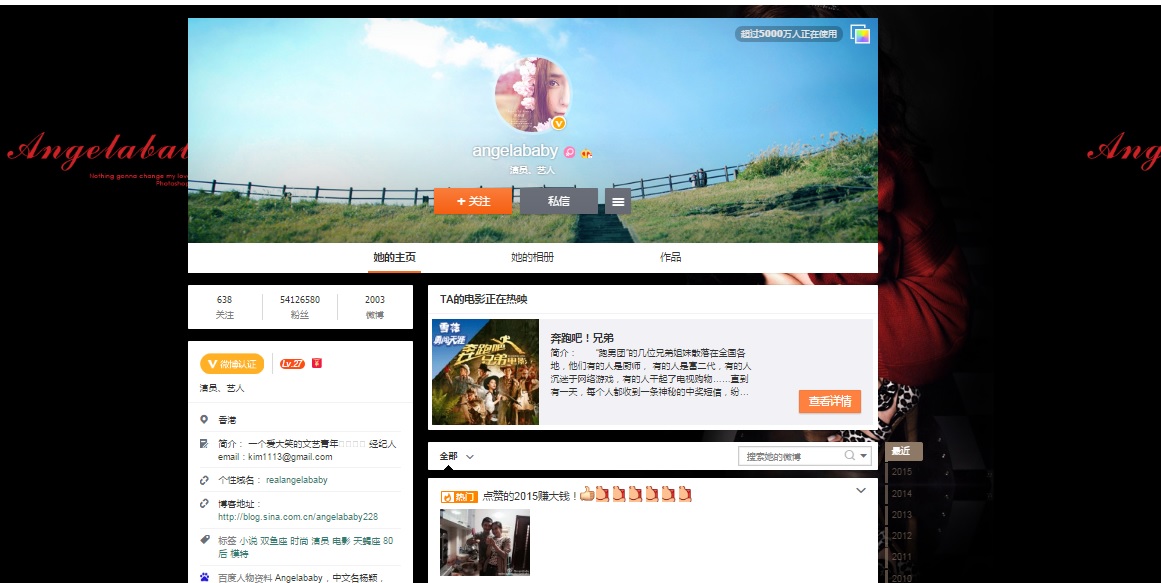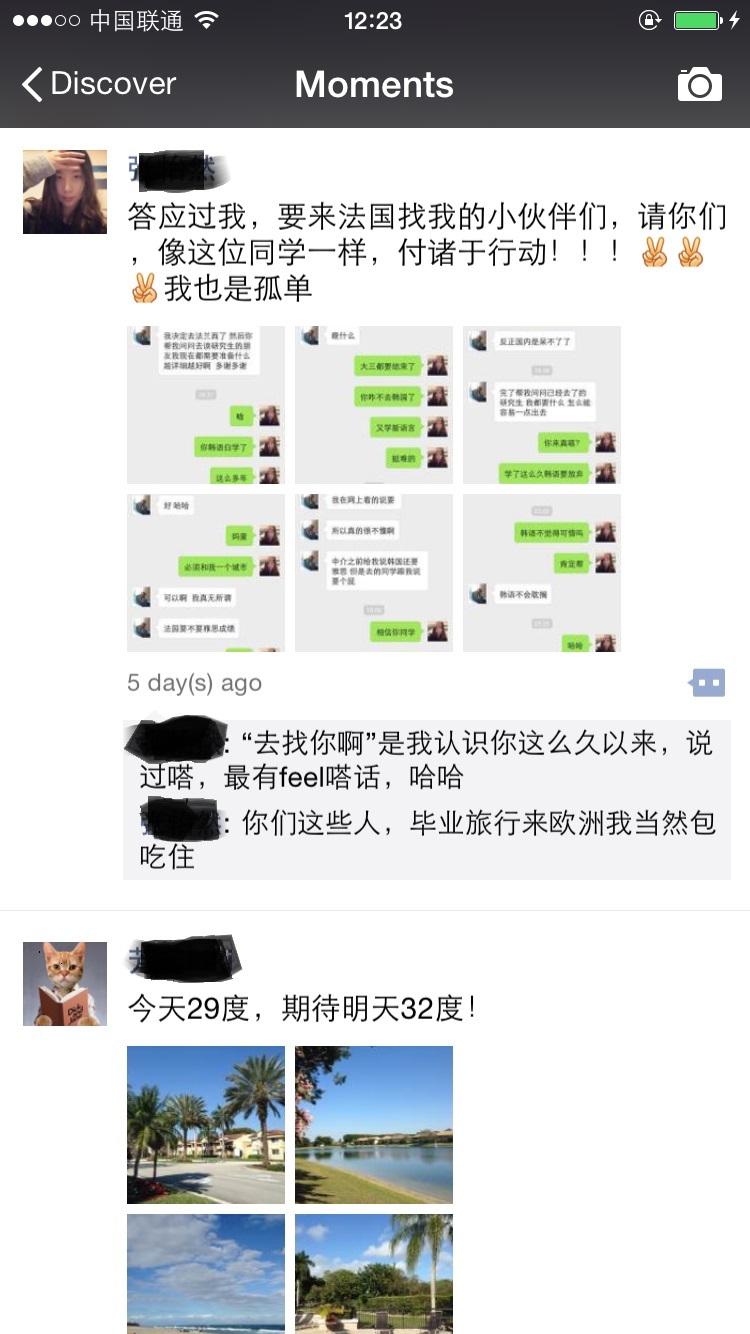This is a guest post by Thomas Meriaux, French and digital marketer specialized in Chinese outbound tourism at Chinese Tourist Agency.
There were 1.1 billion tourists in the world in 2014, including more than 100 million Chinese. However, Chinese tourists are very different in how they approach travel and holidays, from what they think about travel to how they find information and finally to how they record and share their experience.
Chinese vs. Western tourists
Despite the whopping 100 million per year, Chinese tourists are still a minority compared to the whole Chinese population, barely 10% in fact. Even though it is on the rise, those who can actually afford holidays overseas are few in numbers mostly because of cost.
As a consequence there are mainly above average earners or middle class like white collar escaping the overcrowded and polluted China for a relaxing time abroad. Let’s explore how they interact with digital travel marketing.
Different online booking behaviors
According to IresearchChina, 57% of Chinese book their holidays online. Of those 57%, 70% are flight bookings. How does this compare with online travel behaviors in key Western markets?

49% of French netizens and 58% of Canadian netizens book their holidays online, according to Statista. Bear in mind that public access to the internet in China is very recent : first e-commerce groups like Alibaba started to truly gain momentum when the American giants seemed to have taken over everything related to IT and networks.
China is thus “quite new” to all of this. Still, it is now amongst the countries whose netizens are at 57% most likely to book their holidays online, and it keeps increasing at a double-digit pace, with a 25% increase year-over-year in 2014! Comparatively speaking France online holiday booking has increased by only 2.2% in 2014 and by 7% in the US. Bottom line : Western markets seem to have already reached maturity while China is just getting started – so to speak.
Different reasons to travel

The reasons of their travels can be different depending on the destination: developed countries will attract travelers because of luxury goods, especially Western European countries, but also Japan and Hong Kong.
Other countries like the Maldives are sought for their beaches and for romantic stays. Hong Kong and Macau are preferred destinations due to their proximity and the fact that Chinese is spoken there.
The main reason of their travel is definitely shopping. They are fond of luxury brands made by Western European countries. Sure, they have these brands in China but they are much more expensive, usually a 30% to 50% price difference. This explains why Chinese were among the biggest spenders in 2014 even though their holidays were much shorter than their western counterparts.
Holiday planning is different, too
Another key difference between Chinese and Western travelers lies in the means used to decide upon an upcoming vacation. Chinese are online 25 hours per week with a third entirely dedicated to social networks interactions.
Chinese tourists are very much into online media to plan for their holidays. They hardly use traditional travel agencies but prefer to use OTAs (online travel agencies) to do so. This tech savvyness pushes Chinese tourists to use e-tourism plateforms out of convenience and for the deep discounts that can be found. Ctrip is the leader among online travel agencies, with a 50% market share, followed by Qunar and eLong.
These agencies all offers flight ticket, hotel rooms, packaged tours and much more catering to Chinese needs. In order to waste as little time as possible they will plan their trip well in advance and obtain all the information they need.
In fact, according to the most recent 2014 CITM report, Chinese travelers will go through several online channel to find most of the information they need :
- Online travel websites, 50%
- Online review websites, 47%
- Social Media, 33%
- Mobile app search, 30%
Compare this to France, for instance, where a recent poll from Orange/Terrafemina found that holiday makers look up information online as follows :
- Online travel websites, 24%
- Online review websites, 20%
In addition 39% of the French outbound tourists say they bring their phone on holidays compared to a whopping 83% for Chinese tourists! This is just a particular example of how different the behavior between Western countries and China may differ.
In fact, according to Euromonitor, North America and Europe markets should reach the same size by 2017, in terms of online travel sales, in a mature, saturated market, while the Asia Pacific online travel sales will double.
Key Opinion Leaders (KOL)
KOL are key opinion leaders, people not necessary well-known in real life but with a real influence in China. Many of them are very active on Weibo, one of China’s leading social networks.
Key opinion leaders give their opinion a lot on various social networks and in China, perhaps more than in Western countries, people pay great attention to these influencers. The more you are known in China, the more people will listen to you assuming that you know what you are talking about or are considered to be an expert in a given niche.
Comparatively speaking, KOL have very little influence in the West.

From a digital marketing perspective, recruiting a KOL in a online campaign can allow travel brands to have a huge impact on the KOL’s communities. For example, check out Angela Baby, a KOL that has participated in several TV shows, in great part to her 5,000,000 followers.
IWOM
In China, Internet Word of Mouth (IWOM) is everything. Chinese look up to their peers who have been to the destination of their dreams. The more experienced they are, the more weight their word will carry. Using main social networks, Chinese will share content from companies and brands they have experienced and enjoyed.
By doing this, they implicitly vouch for this content and improve the brand awareness of the tourism agency they dealt with, or hotel they stayed at, for instance.
Chinese prefer to base their travel decision on what they see and read on internet rather than what online travel agencies suggest. Western travelers are more used to traditional travel agencies, and they don’t use the social media or websites like Qyer to get information as much. They seek the opinion of their friends and still rely on what travel agents will tell and recommend them.
Ever since Facebook was banned from mainland China back in 2009, social networks have emerged and thrived, perhaps even more so than in the Western world. The main player these days is WeChat, used by about 500 million Chinese to share in almost real time their traveling experience. Click here to find out more about Top 5 Social Networks for Etourism in China.

China has just begun expanding its tourism industry, as outbound travelers only represent about 10% of the whole Chinese population. Compare this to countries like Canada or many European countries where it’s not unusual to find up to 90% of the population having experienced outbound travel already. The potential is enormous!
Read also: 5 new trends about Chinese tourists









Leave a Reply